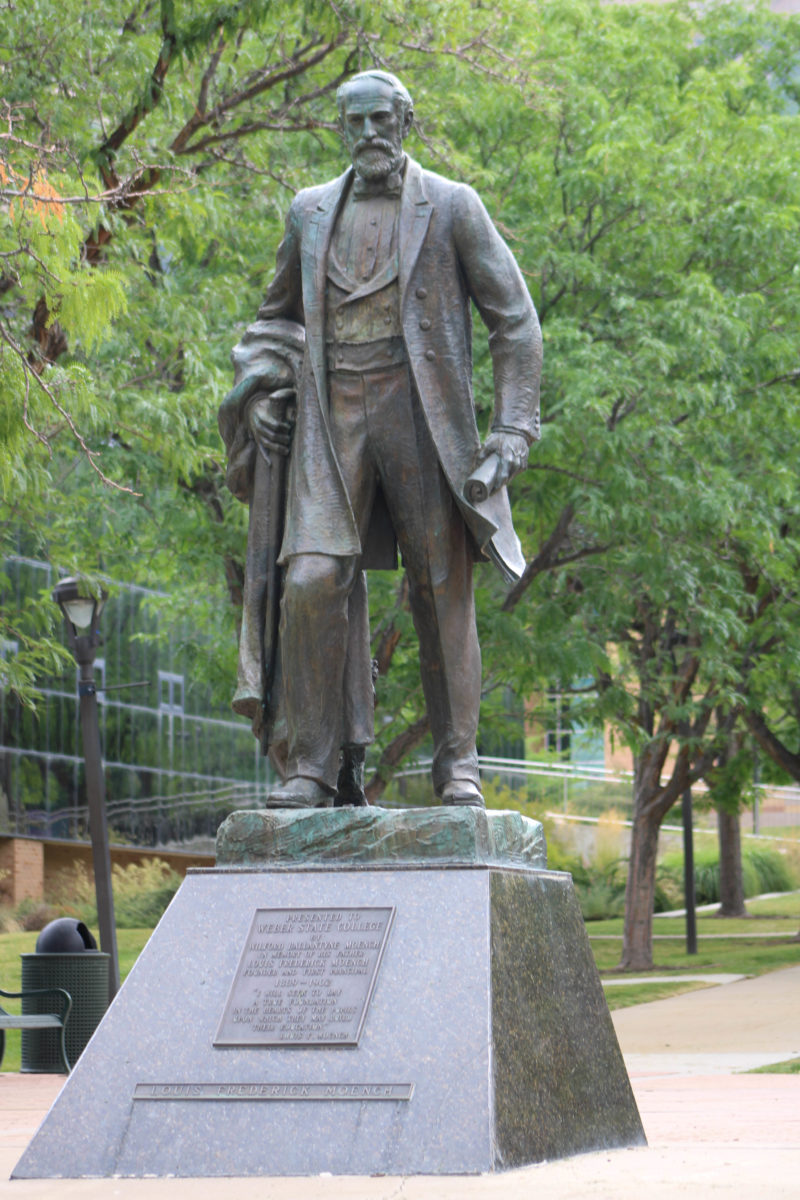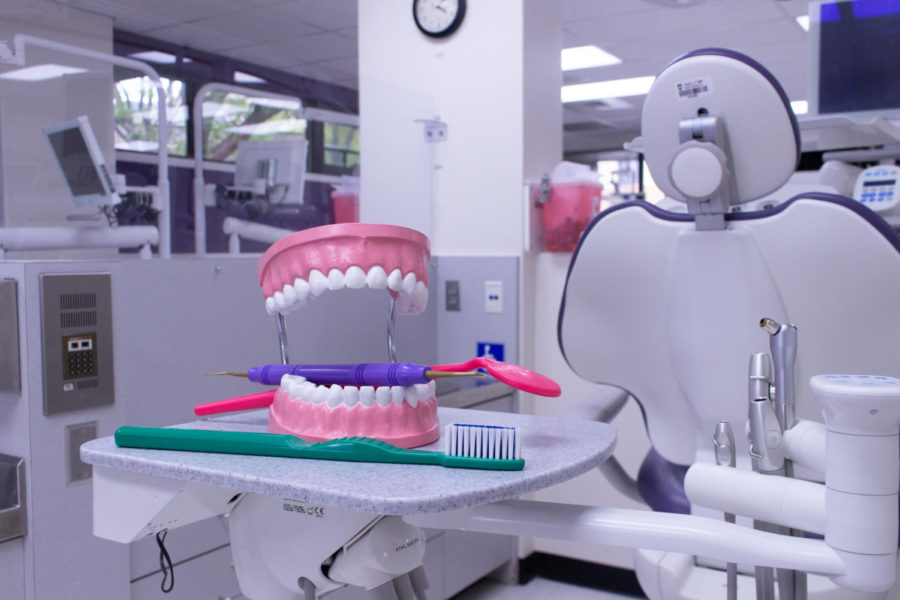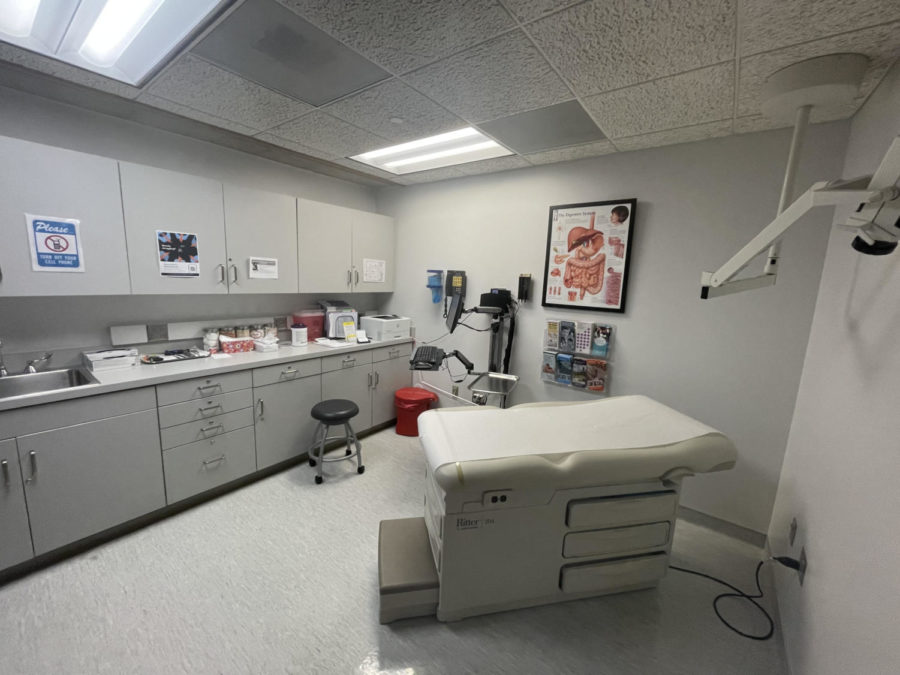Our lives are riddled with so many chronic illnesses, cancers and diseases that it is a wonder many of us survive beyond the age of 30 years old. What if there was a natural cure for all of it? Max Gerson (“A Cancer Therapy: Results of 50 Cases,” 1958) claimed he could cure such things as cancer with a change in diet. Does a vegetarian diet cause more health problems due to supposed deficiencies? Could meat be the underlying factor in many chronic diseases and mortality rates, and could an organic vegetarian diet be the cure for those diseases?
It is a popular belief among meat-eaters that a vegetarian diet is unhealthy. It can cause health problems because of protein and iron deficiencies. However, the daily needed intake of protein for an average adult is 64 grams. This can be acquired through vegetables, beans, seeds and nuts with ease. The recommended daily iron intake for women (who need more iron due to the menstrual cycle) is 18 mcg. A half a cup of pine nuts is 9 mcg of iron. It is not difficult to get your daily iron requirements with a mixture of fruits, vegetables, seeds, nuts and legumes.
Another myth is that you can only get your intake of Vitamin B12 in animal products for your needed 2.4-2.6 mcg daily. However, barley grass is rich in Vitamin B12, containing an amazing 80 mcg for every 100 grams. This is 33 times your daily need of Vitamin B12. Every non-vegetarian-friendly website lists only meat as resources for Vitamin B12, their usual top resource being liver, which yields only 33 mcg for every 100 grams consumed.
With all these misconceptions about vegetarianism, it is possible there are misconceptions on the possible healing benefits of an organic vegetarian diet. It was Hippocrates who said, “Let thy food be thy medicine.” Some evidence shows that the philosopher the Hippocratic Oath was named after just may have known what he was saying.
The Cancer Project’s website (Cancerproject.org) states, “Large studies in England and Germany showed that vegetarians were about 40 percent less likely to develop cancer compared to meat-eaters.” In addition, the American Institute for Cancer Research published a review in 1997 of the major studies on food, nutrition and cancer. For cancers of the breast, prostate, kidney and pancreas, it determined red meat (beef, pork or lamb) consumption increased the risk of cancer.
The Nutrition Society published in 1999 the benefits of a vegetarian diet, stating, “The evidence available suggests that widespread adoption of a vegetarian diet could prevent approximately 40,000 deaths from IHD in Britain each year.”
The Nutrition Society is not the only one to study the adverse effects of meat intake on the body. In 2009, the Internal Medicine Archives, a study on half a million people, noted the mortality rates between meat-eaters and vegetarians. The study showed that the overall mortality rate was elevated when subjects ate processed meats.
There have been studies to show that consuming meat could be harmful to your health, but could a vegetarian diet reverse the disease and illnesses? In 2010, Joe Cross was an obese man with an autoimmune disease. He set out in his documentary to lessen the symptoms, if not reverse the effects of his disease. In “Fat, Sick and Nearly Dead,” Cross goes on a raw fruit and vegetable juice diet for 60 days. By the end of the 60 days, Cross’ crippling autoimmune disease is in remission, and he has lost a great deal of weight.
The myth that a vegetarian diet is unhealthy lacks any credible evidence. There are massive studies to suggest that meat consumption may cause illness as well as increase in mortality rates. In addition, there is real-life documentation that juicing raw fruits and vegetables without the consumption of any meat products can reverse chronic illnesses. By switching to an organic vegetarian diet, we are not only saving the lives of innocent animals across the world, but are also saving our own.
While convenience has masked the knowledge of where our food comes from as well as what is in our foods, the majority of us struggle with the choice of whether the knowledge of the truth is worth the convenience offered with a quick trip to the drive-through. We, as creatures of comfort, choose the path of least resistance and ignore the risks to our health and lives.




















